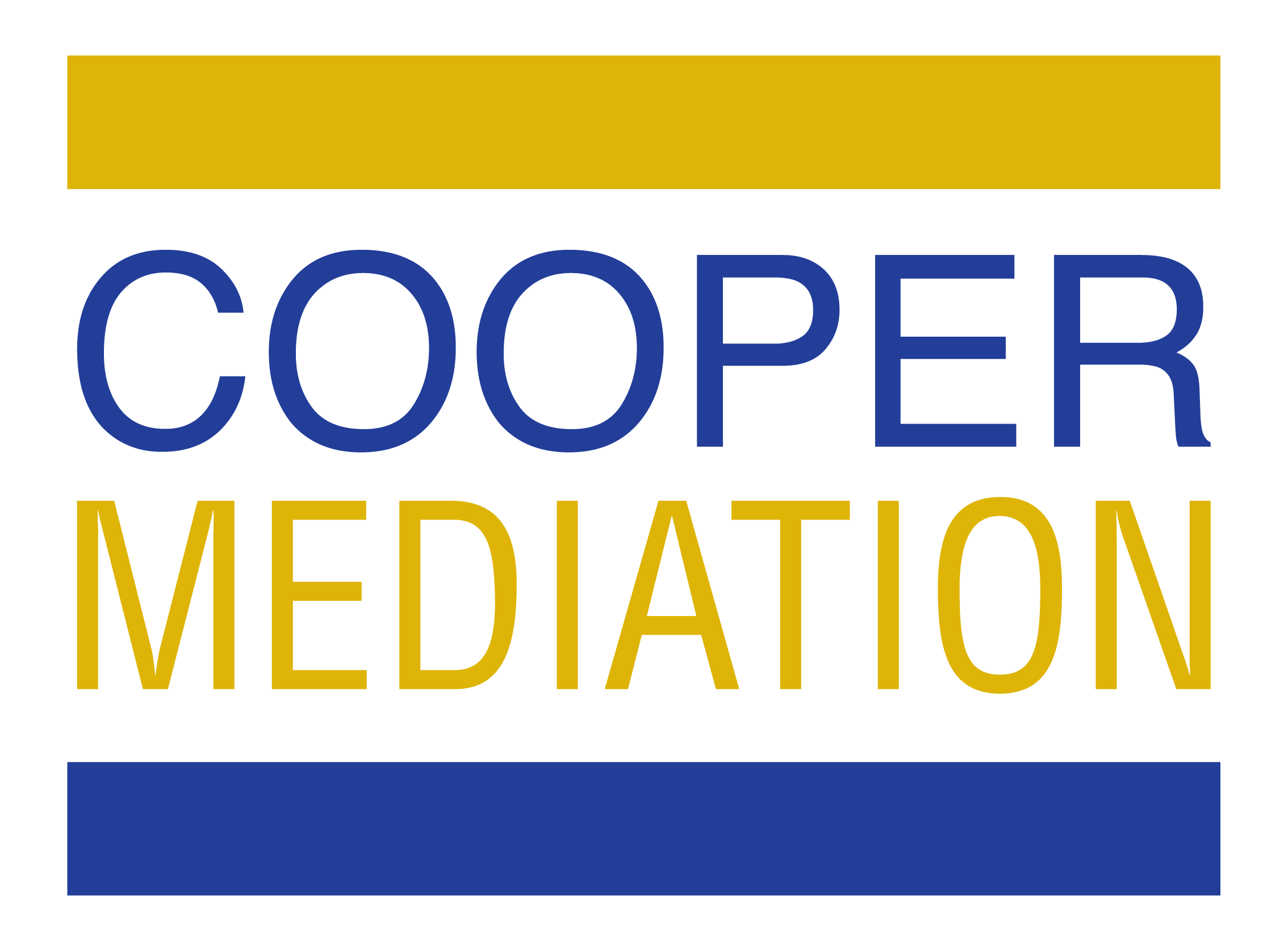
27 Dec The Psychology of Successful Mediation (Part II) — Applying Empirical Principles of Influence and Persuasion to Mediation
Ask and ye shall find. Is asking the best way to change a mind? A clear and focused statement can sometimes better focus thoughts and persuade us.
In this second part of our blog series on applying empirical principles of persuasion to mediation, I explore what a broad range of human sciences research tell us about the best way to communicate in order to persuade someone at a mediation. In the first part of our blog post series, I reviewed Robert Cialdini’s six empirical principles of influence (liking; authority; social proof; reciprocity; consistency; and, scarcity) and how they can be applied in mediation – both for mediators and for parties at the table.
Although very few of these research studies use mediation as a site for investigation, some of their findings are certainly applicable to the mediation environment.
Leading the Way?
Questions (rhetorical and otherwise) have long been used as a technique to bring a person round to an idea. Why? First, questions are thought to be better at engaging another person in conversation and promoting active listening skills.
Moreover, questions, as opposed to declarative statements, seem gentler and less argumentative in a pressure-filled situation. They provide room for more than one opinion and suggest that a person’s answer is worth hearing. Wouldn’t you rather be asked what you think rather than be told what someone else thinks?
Well, it turns out it really depends on the situation. After surveying a wide body of research literature, professors Douglas Frenkel and James Stark point to studies which have shown that questions tend to muddle the message if the recipient is “highly involved” or deeply invested in a topic – something quite common at mediation.
While questions can prompt more elaborate thinking about a message (and more potential for persuasion if the message is strong), they can also distract from a message and reduce consideration when directed at a person who has more riding on the result of a discussion.
Moreover, if the recipient understands persuasion tactics or is expecting them, a series of questions can focus their minds on the questioner rather than the content of the questions. If that questioner is negatively received or suspect, the recipient may begin to feel more pressured than persuaded – especially if the questions are suggestive or framed in a way to sow doubt.
Pointing to the Path
In certain situations, a direct statement may be more persuasive than a question or line of questioning. Not all statements are equal. Human sciences research has found that specific types of statements are generally better at persuading the recipient than others.
Frenkel and Stark’s survey suggests three types of statements tend to be more favourably received than others:
-explicit argument statements, particularly those that cite credible sources, are more persuasive than implicit arguments.
-messages with clear conclusions are more persuasive than messages without conclusions. Moreover, messages with specific conclusions tend to persuade more than ones with generalized conclusions.
-two-sided refutational statements, which explain why one argument is more likely to succeed than another, are more persuasive than one-sided statements. Two-sided statements which do not refute the other argument are much less persuasive than a one-sided statement.
Conclusions
Frenkel and Stark caution that there are many limitations and caveats to their study. Making generalizations about empirical research drawn from studies in many different fields is challenging and may lead to pitfalls.
Nevertheless, their conclusions make a lot of sense. In a high-pressure, high stakes situation, when our minds are working overtime, a clear, concise and understandable message can cut through the noise and reach us in a way other persuasion strategies won’t.
Know what you want to say and communicate it with sincerity and clarity. In mediation, you can’t control how others will see you or how cooperative or oppositional the other side will be. However, you can make an honest effort to explain why your arguments are strong and why finding a mutually acceptable agreement may be better for everyone than proceeding on toward trial.
ABOUT THE AUTHOR
 Vance Cooper is principal of Cooper Mediation Inc. Vance devotes 100% of his professional time to mediating and arbitrating primarily personal injury and insurance cases. He serves as an arbitrator in loss transfer and party disputes under the Insurance Act.
Vance Cooper is principal of Cooper Mediation Inc. Vance devotes 100% of his professional time to mediating and arbitrating primarily personal injury and insurance cases. He serves as an arbitrator in loss transfer and party disputes under the Insurance Act.
Vance can be reached at vance@coopermediation.ca or (647) 777-4011.
To schedule a mediation with Vance, visit: “>http://coopermediation.ca/vances-online-calendar/.
